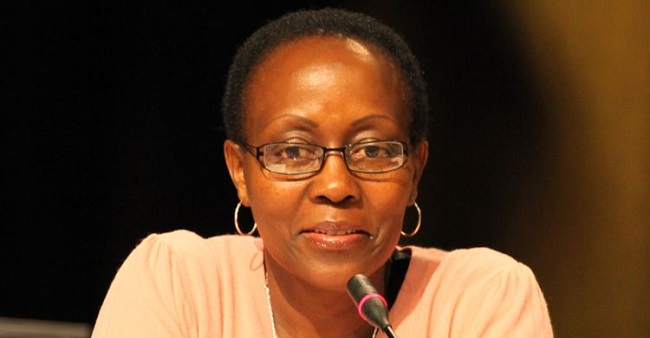The month of October marks the 11th anniversary of the adoption of the Nagoya-Kuala Lumpur Supplementary Protocol on Liability and Redress to the Cartagena Protocol on Biosafety.

A groundbreaking international treaty, the Supplementary Protocol aims to contribute to the conservation and sustainable use of biodiversity by providing international rules and procedures on liability and redress relating to living modified organisms (LMOs).
The Supplementary Protocol, adopted as a supplementary agreement to the Cartagena Protocol, requires that response measures are taken in the event of damage resulting from LMOs, or where there is sufficient likelihood that damage will result if timely response measures are not taken.
In preparation for part II of the upcoming meeting of the Parties, a study on financial security mechanisms has been commissioned which will help Parties consider the issue of the availability of means for redress in case of damage. The study describes a selection of financial security mechanisms, their modalities of operation, the entities that can provide financial security and assesses their environmental, economic and social impact. The study is available on the meeting of the Parties’ document page.
“The Supplementary Protocol strikes a balance between the concerns of Parties about potential impacts of living modified organisms on biodiversity and the need for sustainable development,” said Elizabeth Maruma Mrema, Executive Secretary of the Convention on Biological Diversity (CBD).
“In light of the 11th anniversary of the Supplementary Protocol, I urge and invite all Parties to the Biosafety Protocol yet to do so to consider ratifying the Supplementary Protocol. I equally call upon CBD Parties yet to do so, to ratify the Biosafety Protocol and become Parties to the Supplementary Protocol,” she added.
Adopted on October 15, 2010, in Nagoya, Japan, the Supplemental Protocol entered into force on March 5, 2018. Forty-nine Parties have presently ratified it.
“Many Parties need support to strengthen their capacities to implement the Supplementary Protocol, as the data for the fourth assessment and review of the Protocol and final evaluation of the Protocol’s Strategic Plan show,” said Ms. Mrema.
“I invite all Parties to put in place the necessary measures to implement the Supplementary Protocol in their national legal and institutional frameworks and provide assistance to those Parties that need help to do so,” she added.
Together with other resource materials on the Supplementary Protocol, an e-learning course on the Supplementary Protocol has been developed, which is available on the Biodiversity E-learning platform.
The 49 Parties that have ratified, accepted, approved or acceded to the Supplementary Protocol and taken measures for its effective implementation include: Albania, Austria, Bulgaria, Burkina Faso, Cambodia, Central African Republic, Colombia, Congo, Croatia, Cuba, Czech Republic, Democratic Peoples’ Republic of Korea, Democratic Republic of the Congo, Denmark, Estonia, Eswatini, European Union, Finland, France, Germany, Guinea-Bissau, Hungary, India, and Ireland.
Others are Italy, Japan, Latvia, Liberia, Lithuania, Luxembourg, Mali, Mexico, Mongolia, Netherlands, Norway, Republic of Moldova, Romania, Slovakia, Slovenia, Spain, Sweden, Switzerland, Syrian Arab Republic, Togo, Uganda, United Arab Emirates, United Kingdom of Great Britain and Northern Ireland, Venezuela (Bolivarian Republic of) and Viet Nam.
